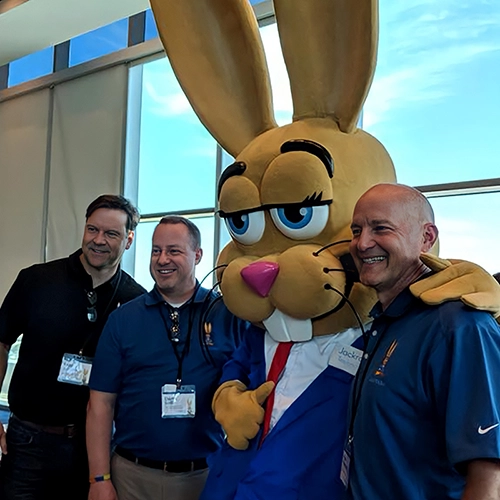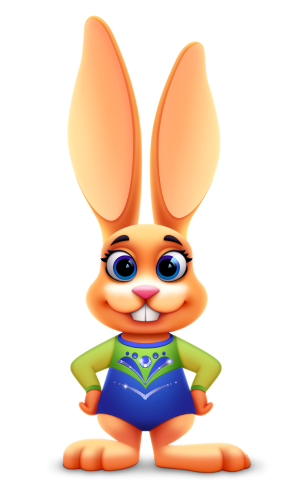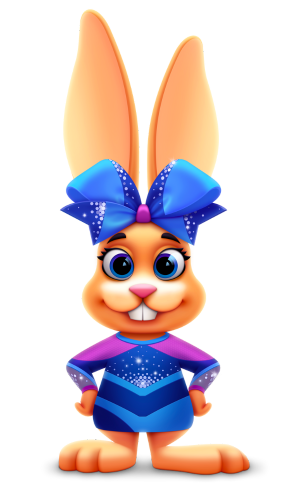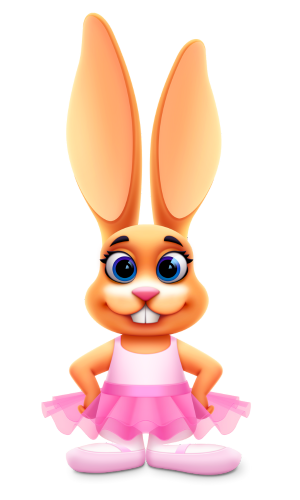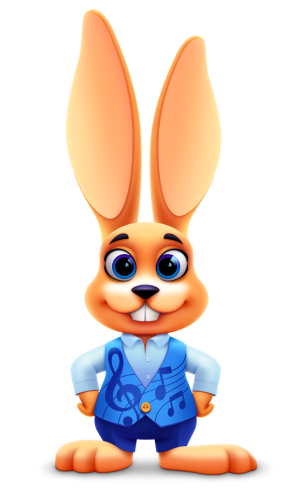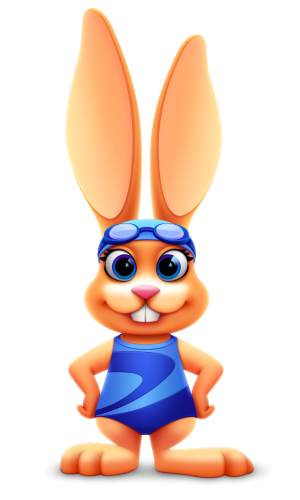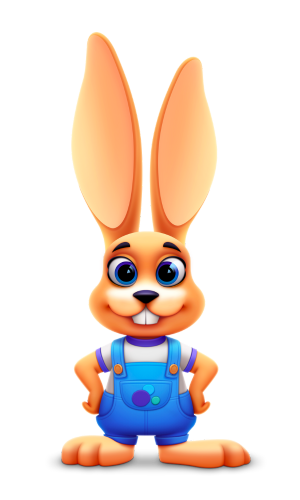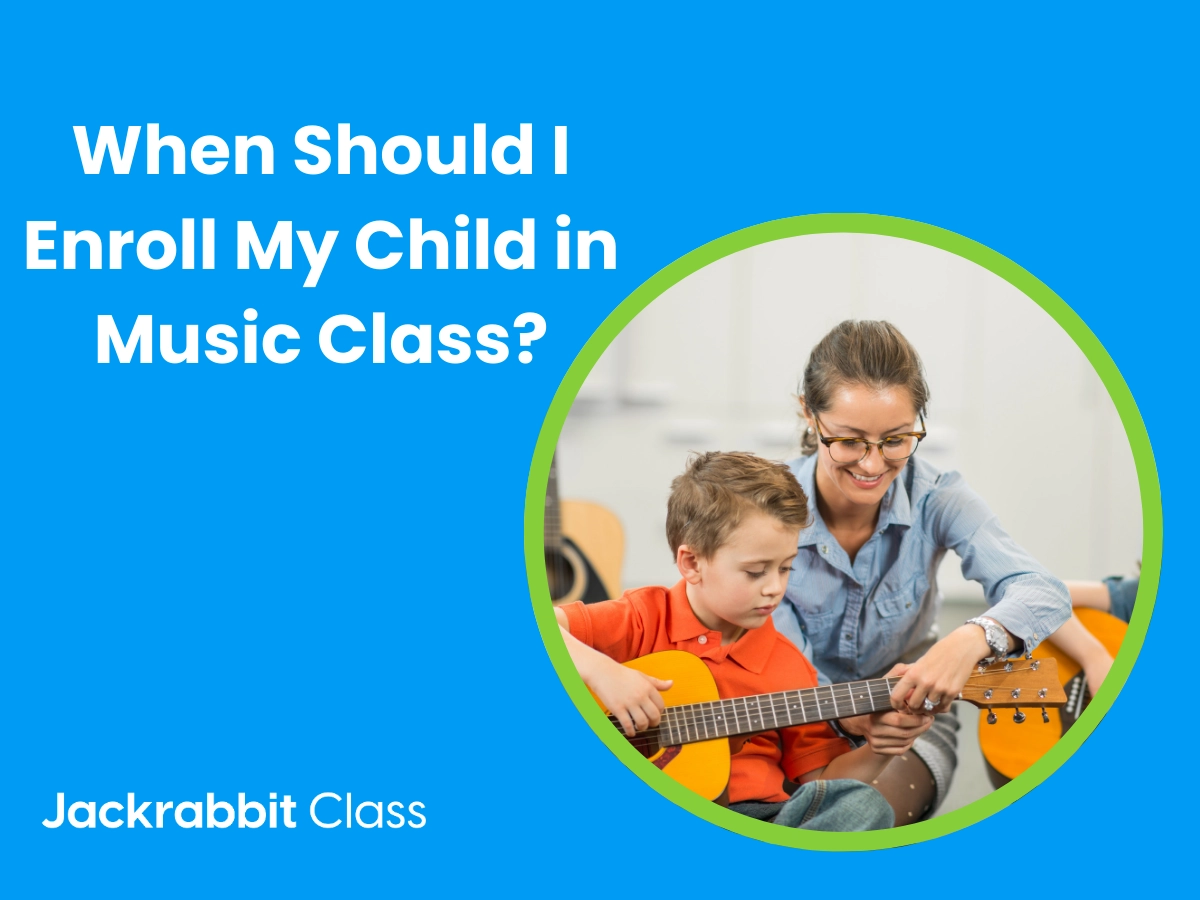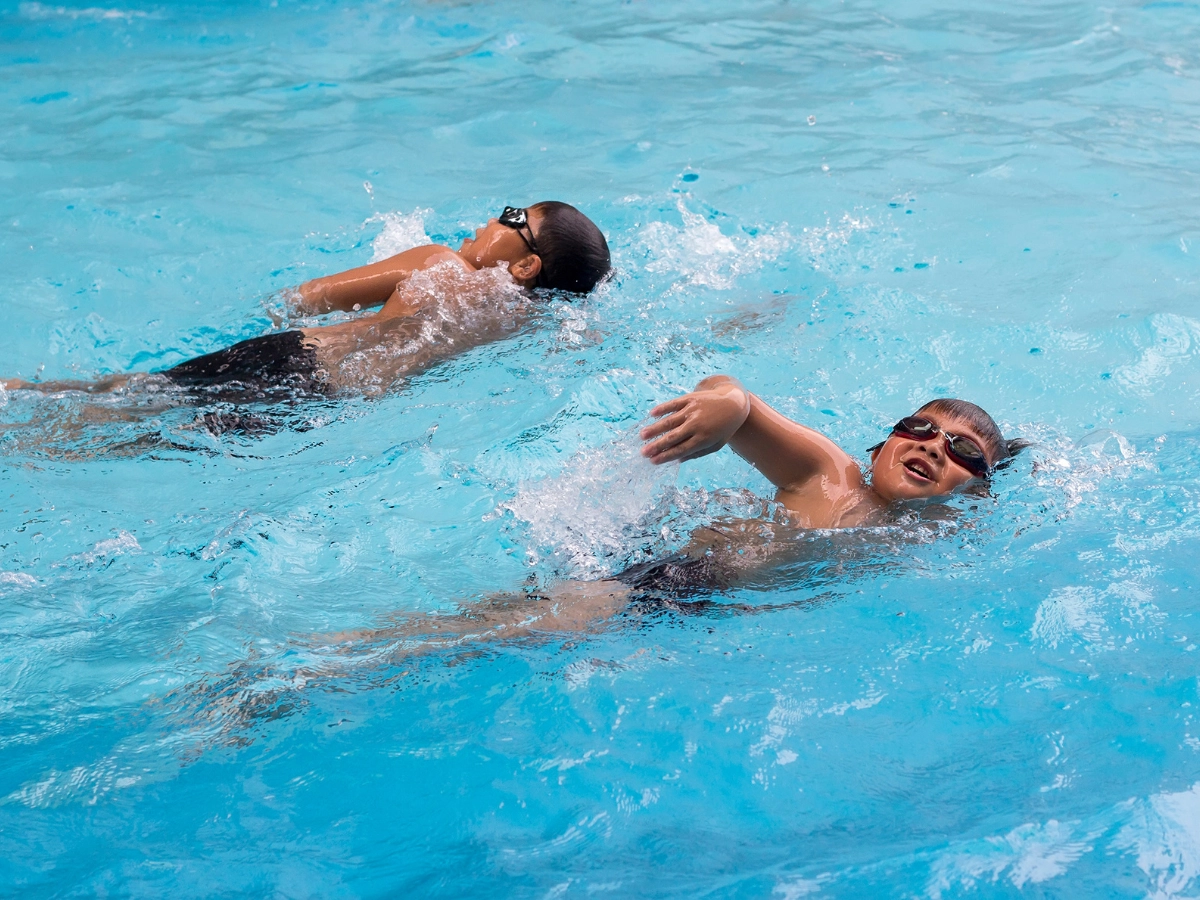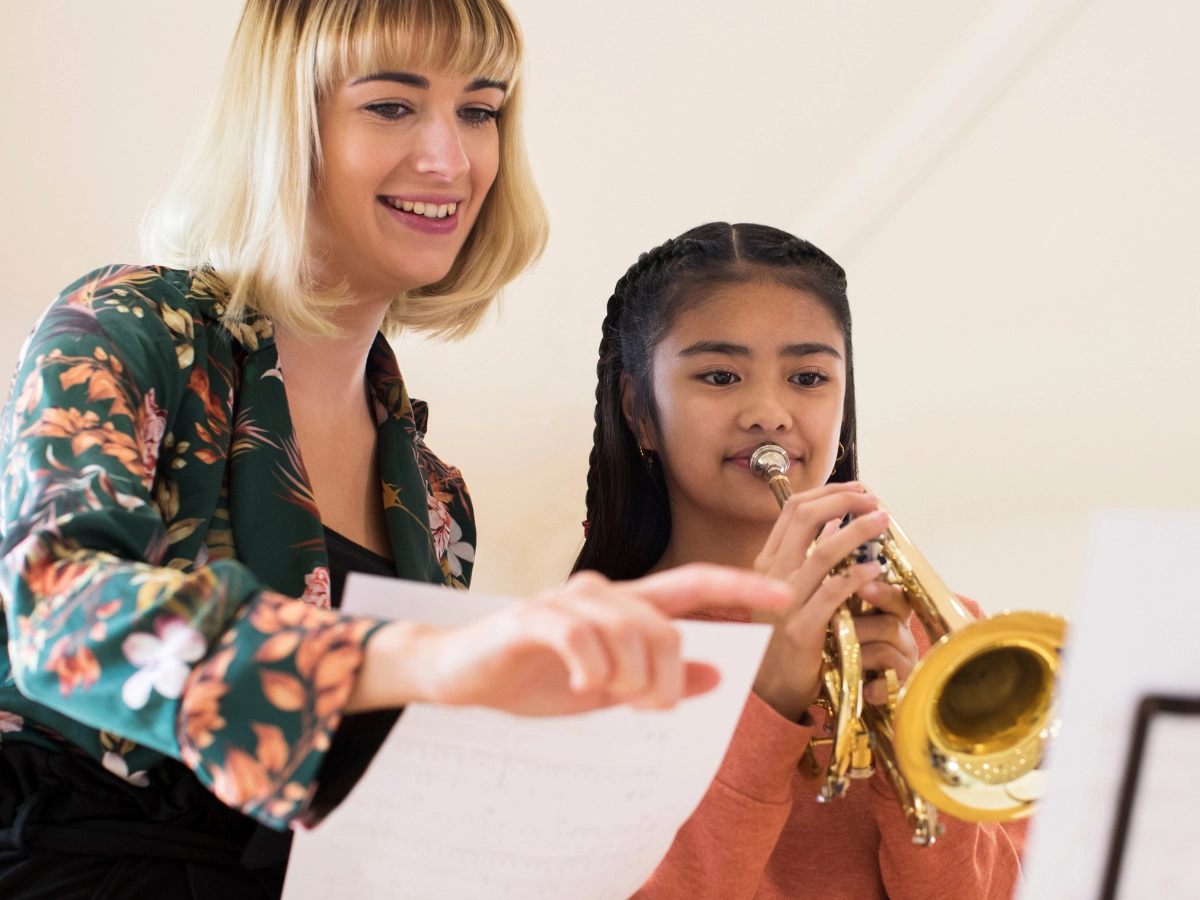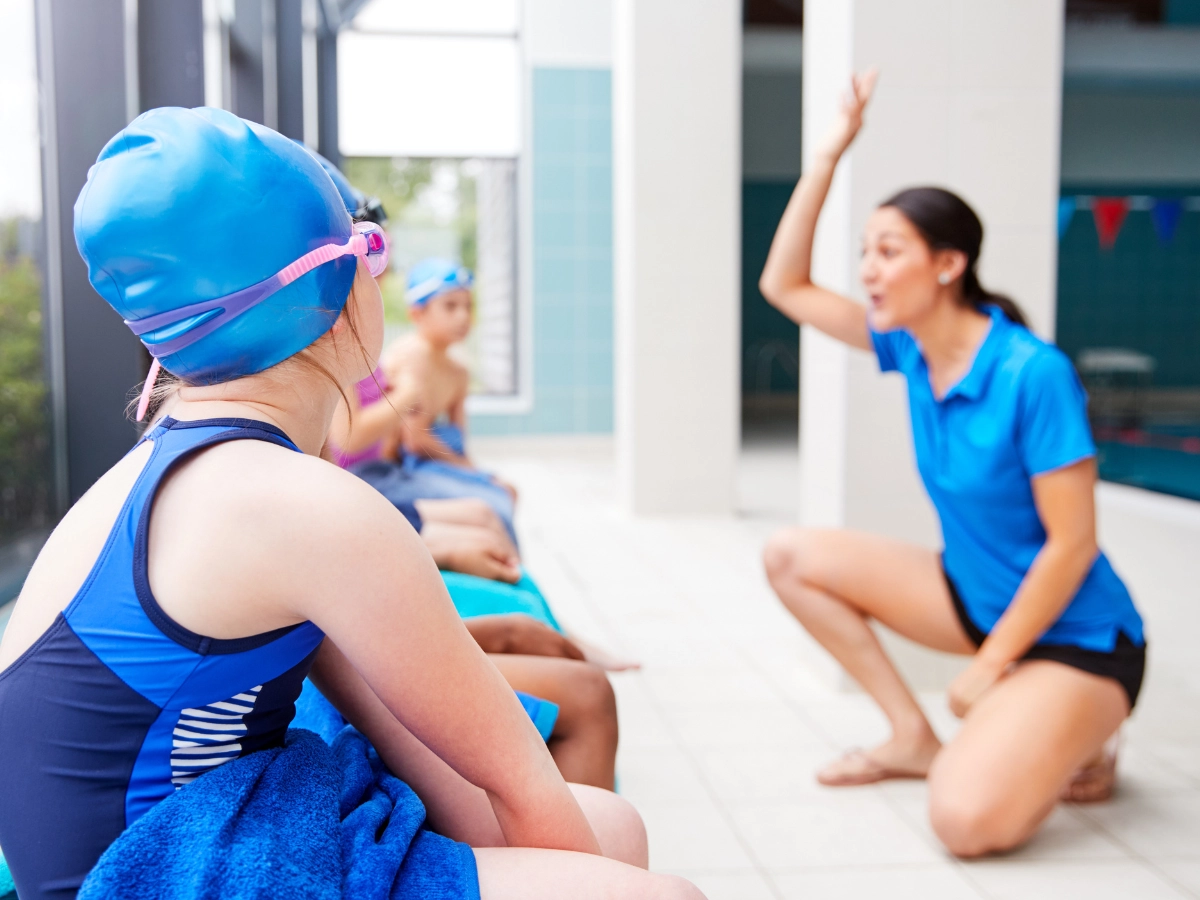Close your eyes and imagine the feeling you get when your favorite song comes on the radio. You turn the volume up, roll the windows down, and sing like you’re on stage. Or, imagine being home with your kids and one of their favorite songs comes on TV, and you all get up and dance, sing, and laugh together. Music is joy. Music is bliss.
But music is so much more than that. Exposing children to music during early development can help them learn and build skills in many areas, including:
· Accelerating brain development
· Accelerating language acquisition and reading skills
· Improving mathematical learning
· Increasing SAT scores
· Developing intellectual, social-emotional, language and motor skills
· Developing overall literacy
· Helping the body and mind work together
· Practicing self-expression
· Strengthening memory skills
With so many benefits to music exposure, the earlier you get your child involved in music, the better, but there’s no exact agreed-upon age to get them started. Some kids explore music-making early on in preschool or kindergarten, while others may not grow curious about it until later in childhood. While the starting ages for music lessons differ depending on the child, family and circumstances, one thing is for sure – it’s never too late to start making music.
Things to Consider When Looking to Enroll Your Child into Music Classes
Whether you have an infant, a toddler, or an elementary-age child, if you’re looking to enroll them in music classes, there are a few things to consider before settling on a program.
Types of Music Lessons
Keep in mind that younger children aren’t usually ready for individual music lessons. Their attention spans need time to progress to the point where they can focus on taking instructions from someone in a one-on-one session.
Most young children will enjoy programs that allow them to actively engage in music with their parents and other children. There are various programs available that include active listening, movement and music, and musical play. Any of these will help your child develop basic musicality, knowledge, and skills, which will help them decide whether they enjoy creating music and will guide them down a musical path toward individual lessons in the future.
Your Child’s Level of Interest and Engagement
The best way for you and your child to learn which instruments they’re most drawn to and how enthusiastic they are to play is to participate in group music programs. There are many ways for a child to engage in music, from dancing and singing to playing and listening. By getting involved in a group music program and allowing your child to explore different types of music and instruments in all the different ways, you’ll be able to observe and see what they’re naturally drawn to.
Do Research to Find the Right Program
There are plenty of group classes that are perfect for introducing music to children. Research music schools near you and see what kind of classes they offer. Some will even offer online classes, summer camps and musical experiences.
Mommy and Me, Kindermusik and Music Together are some of the most popular US-based music programs for kids. Each offers an ideal introduction to music and can be continued as your child grows. If and when your child begins taking individual music lessons, these programs can be used as a supplement for musically inclined children.
Ages and Music
You can introduce your child to music as young as 6 to 8 months old. These classes are designed for parents and children to participate in together and typically last for 30 to 40 minutes.
Toddlers aged 3 to 4 years can get involved in music programs that involve movement, props, and singing. This is an ideal age for kids to get involved in the music-making experience.
Between the ages of 5 and 7, a child’s attention span is usually long enough to begin group piano, violin, or other stringed instrument lessons with other kids their age. This is also the time to consider getting your kids into individual lessons if they’re very enthusiastic about an instrument.
Beginning around third grade, most school curriculums include group lessons that incorporate a range of instruments beyond strings, such as wind instruments and percussion. Kids of this age group can get involved in participating in a school band or orchestra.
There’s No “Wrong Time” To Get Musical
The most important thing to keep in mind when wondering whether you should enroll your child in music class or not, is that it’s never too late to start learning music or an instrument. Music is fulfilling for people of all ages. Even adults can begin using music as a creative outlet to help with problem solving and self-expression, to learn new skills, and get involved in a community of other music-lovers. Expand your child’s horizons, no matter their age, by getting them enrolled in a music class today.
Are you a music teacher or school owner who wants to share these benefits with your customers? Download this free printable to share with prospective parents!
